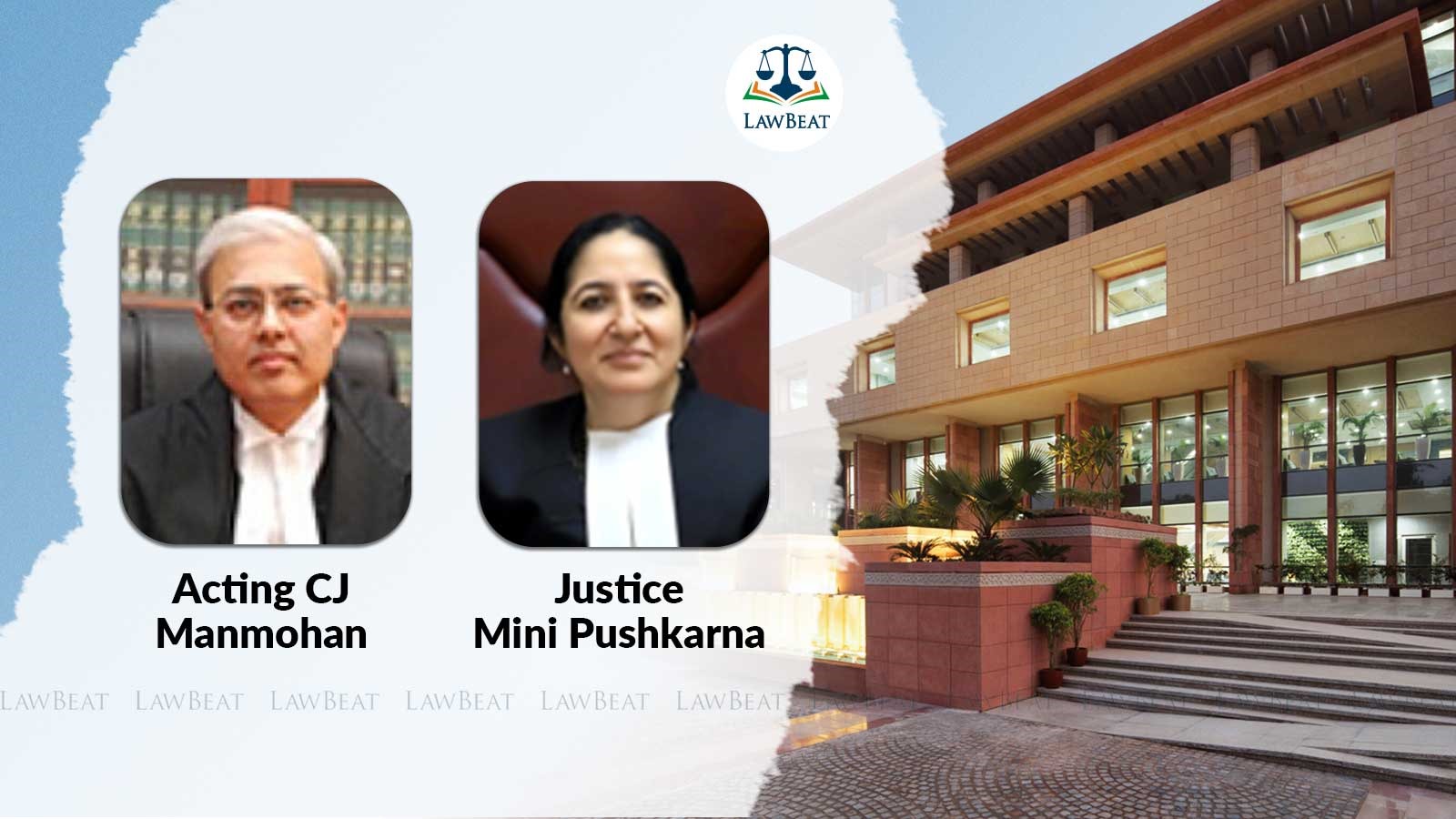“If wish to operate in India; must adhere to court orders”: Delhi HC tells Domain Name Registrars, Warns Against Facilitating Scams

Court also expressed concerns about DNRs offering alternative domain names that resemble those already owned by entities, potentially deceiving users
In a decisive stance against potential online scams and trademark infringements, a Delhi High Court division bench of Acting Chief Justice Manmohan and Justice Mini Pushkarna asserted that domain name registrars (DNRs) must adhere to court orders and regulations if they wish to operate in India.
The court emphasized that DNRs must not become conduits for fraudulent activities and warned that non-compliance could result in the Ministry of Electronics and Information Technology (MEITY) blocking their operations in India.
The court expressed concerns about DNRs offering alternative domain names that resemble those already owned by entities, potentially deceiving users.
Acting Chief Justice Manmohan highlighted that such actions could disqualify DNRs from being categorized as 'intermediaries' under the Information Technology (IT) Act.
The court clarified that intermediaries, as per the Act, should not actively negotiate or suggest alternatives but should solely facilitate the hosting of websites.
"If you want to do business in India, we will lay down some guidelines, and you will be bound by it… You will have to clear the internet for us. DNRs cannot be allowed to be a vehicle for facilitating scams," said the court, underscoring the need to protect millions of users from potential fraud.
The court stated its intent to establish clear guidelines for DNRs, MEITY, and other relevant authorities to address websites engaging in trademark infringement and fraudulent activities.
This development arose during the hearing of a suo motu public interest litigation (PIL) petition, initiated in response to websites with similar names emerging and DNRs failing to comply with court orders.
Senior Advocate Saurabh Kirpal, appearing as amicus curiae, informed the court about the obligations imposed on intermediaries by Rule 3 of the Intermediary Rules. He emphasized that intermediaries must proactively prevent breaches of proprietary rights, including trademarks and copyrights.
Addressing concerns about the National Internet Exchange of India (NIXI), the court deliberated whether it can be considered an intermediary.
Senior Advocate Darpan Wadhwa, representing DNR GoDaddy, assured the court of compliance and filed an impleadment application. "We are not one of the DNRs who are not complying. We are not running away," asserted Wadhwa, and the court allowed GoDaddy's impleadment application, also involving the Ministry of Home Affairs.
The court directed all parties to submit written submissions, scheduling the case for further consideration on January 9, 2024.
Case Title: Court on its own motion v. Ministry of Electronics and Information Technology & Ors.
